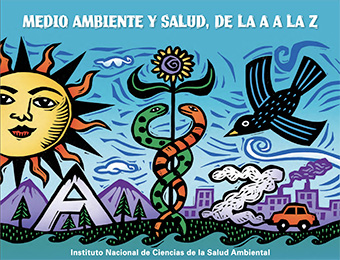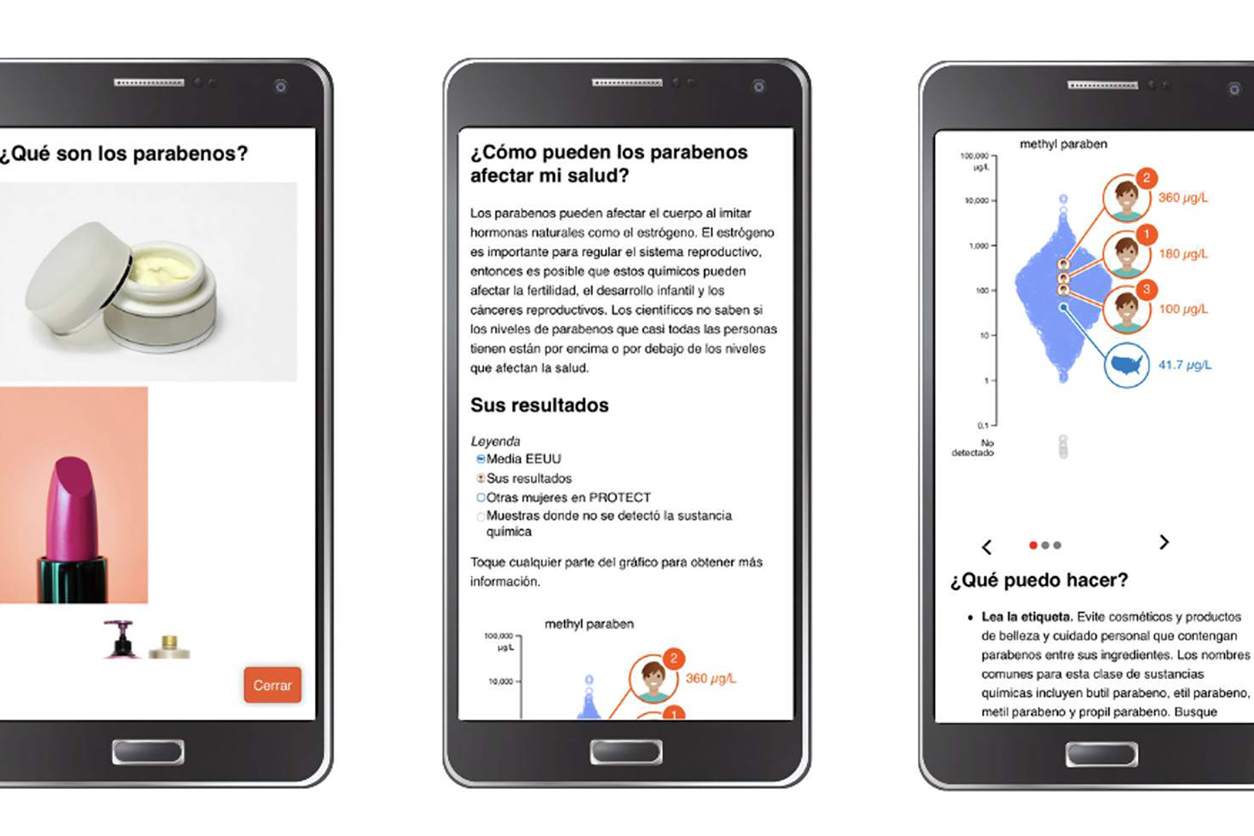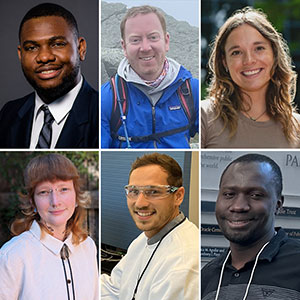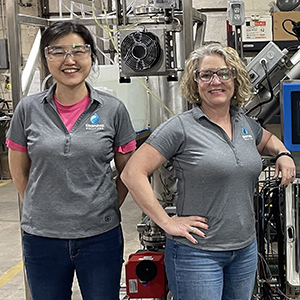NIEHS-funded researchers recently created a mobile application to communicate environmental exposure results to pregnant women residing in a highly polluted area in Puerto Rico. Named “Mi PROTECT” (Spanish for “My PROTECT”), the application provides information in both English and Spanish to individuals participating in studies conducted by the Northeastern University Puerto Rican Testsite to Explore Contamination Threats (PROTECT). The center receives support from the NIEHS Superfund Research Program (SRP).
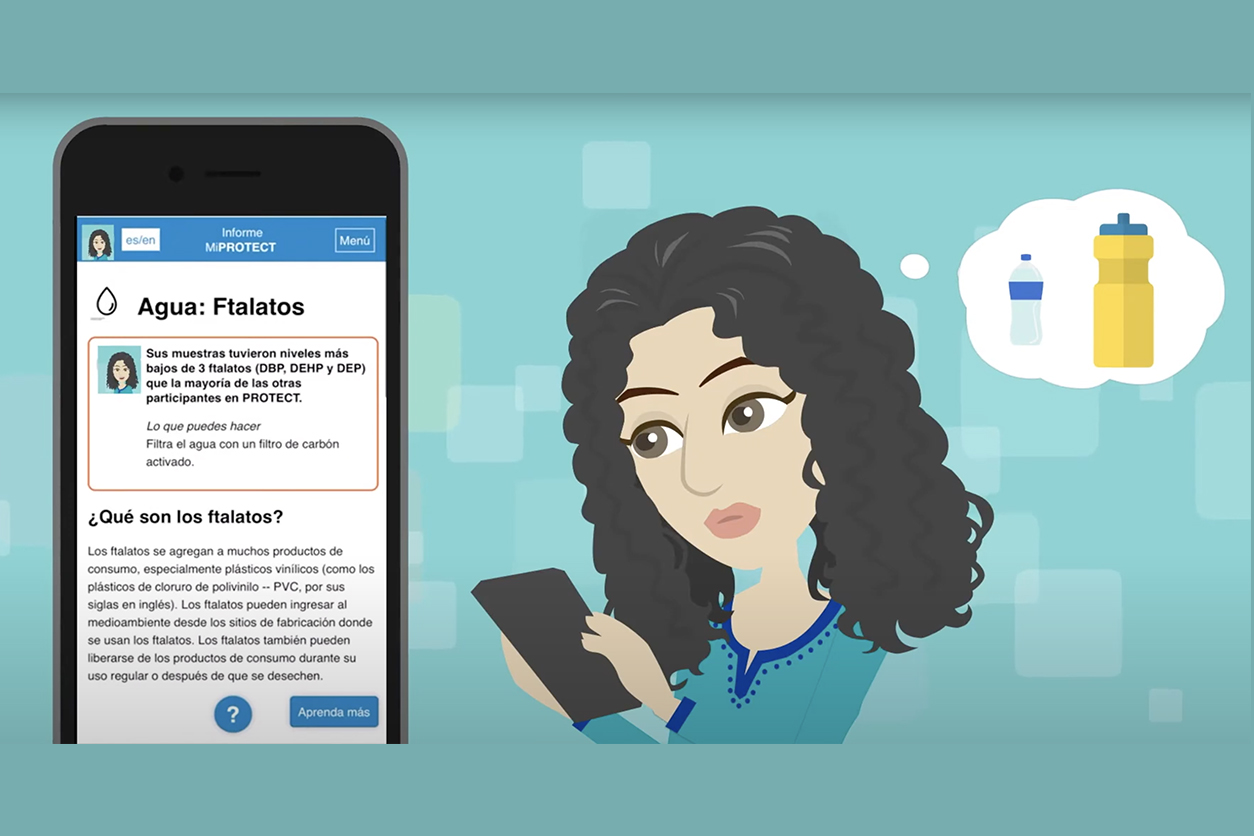
“Reporting back results in an accessible and culturally appropriate way is important for the PROTECT cohort because we want the participants to understand their results, in lay terms and with context-appropriate examples,” said Irene Lafarga Previdi, Ph.D., a postdoctoral researcher at the PROTECT SRP Center.
The contextualized results provided to individuals and communities can increase trust among study participants, boost environmental health literacy, improve study designs, and empower people to make informed decisions about reducing exposures, according to the team.
Protecting children and mothers
Puerto Rico has one of the highest preterm birth rates in the United States. The PROTECT SRP Center studies how chemicals found in food, water, and personal care products increase the odds of adverse reproductive outcomes, like preterm birth, in a cohort of pregnant women on the island.
The researchers created the mobile application to report study results back to participants with tailored, culturally relevant information about personal exposure to contaminants and recommendations to reduce exposures.
“From the very beginning, there has been a clearly expressed interest on the part of PROTECT participants in receiving a report back of the results of our study, together with information on sources of exposures and how to reduce and eliminate exposure,” said Carmen Vélez Vega, Ph.D. , who leads the Community Engagement Core at the PROTECT SRP Center.
Mi PROTECT pilot testing
To develop the Mi PROTECT mobile application, the team conducted a series of focus groups and interviews with study participants and health professionals to learn about interests and preferences for receiving information. Participant input was crucial, in particular for considering the cultural context when incorporating educational information, the researchers noted.
“This process was guided by information provided by participants and other collaborators at the community health clinics where the study is conducted,” Vélez Vega said. “PROTECT participants helped our team better suit their diverse needs when developing the app.”
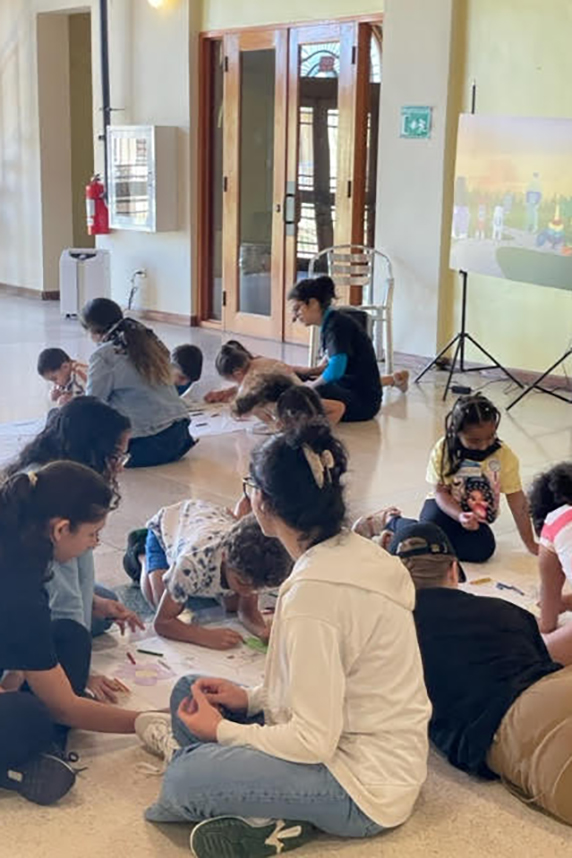
Next, the researchers conducted pilot tests . Their goal was to improve the platform to ensure that results are culturally appropriate, easy to understand, and address participant expectations for report back.
According to the researchers, Mi PROTECT was positively received during pilot tests. Most participants found the platform easy to navigate and the information useful, appropriate, and interesting. Participants also indicated that the information they received could improve their environmental health and quality of life. Most of the participants said that the avatars and images used were representative of Puerto Rican people and culture. However, some noted that the product images could better align with the cultural experience and context of the island.
Improving representation and research translation
Based on the feedback they received during pilot testing, the researchers improved the platform and changed product images to be more relevant to products available in Puerto Rico. They also incorporated more avatars that reflected a variety of hair colors and types, eye color, and skin tones.
“The platform is in continuous revision as we collect feedback from more participants and identify the best ways to present the information so that it is actionable,” Vélez Vega said.
The PROTECT team is also using information learned from pilot tests to inform their research translation strategies. For example, they implemented this feedback when developing the PROTECT Responde initiative, a digital social media campaign to share information about environmental contaminants and their health effects on mothers and children.
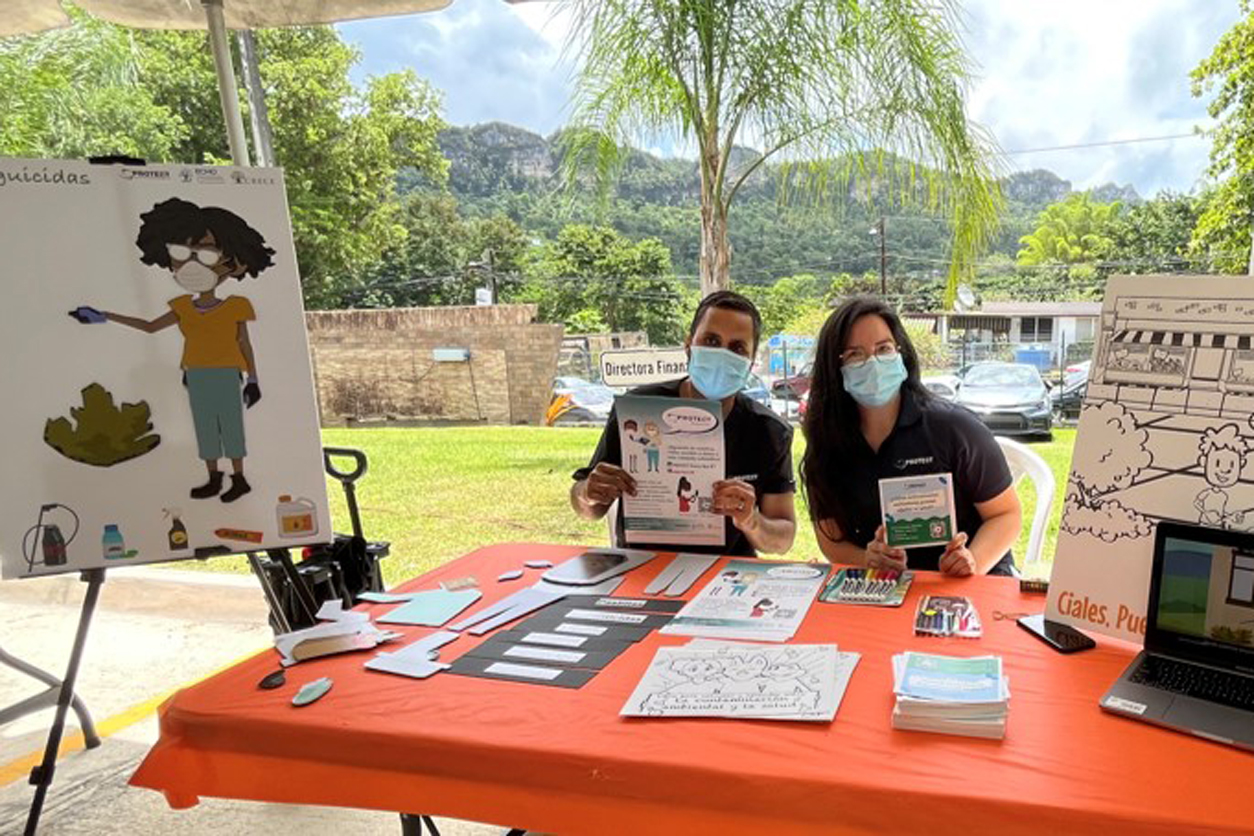
These projects also helped build trust with study participants, the researchers said. They noted that when participants are treated as individuals with valuable insights, researchers, participants, and the community all benefit.
“The relationship of trust developed through the report back process has been instrumental to recruiting and retaining participants,” Vélez Vega said.
[The Mi PROTECT application is currently available to study participants only.]
Citation: Cardona Cordero NR, Lafarga Previdi I, Torres HR, Ayala I, Boronow KE, Santos Rivera A, Meeker JD, Alshawabkeh A, Cordero JF, Brody JG, Brown P, Vélez Vega CM. 2023. Mi PROTECT: A personalized smartphone platform to report back results to participants of a maternal-child and environmental health research cohort program in Puerto Rico . PLOS Digit Health 2(1e0000172.
(Mali Velasco is a research and communication specialist for MDB Inc., a contractor for the NIEHS Division of Extramural Research and Training.)





